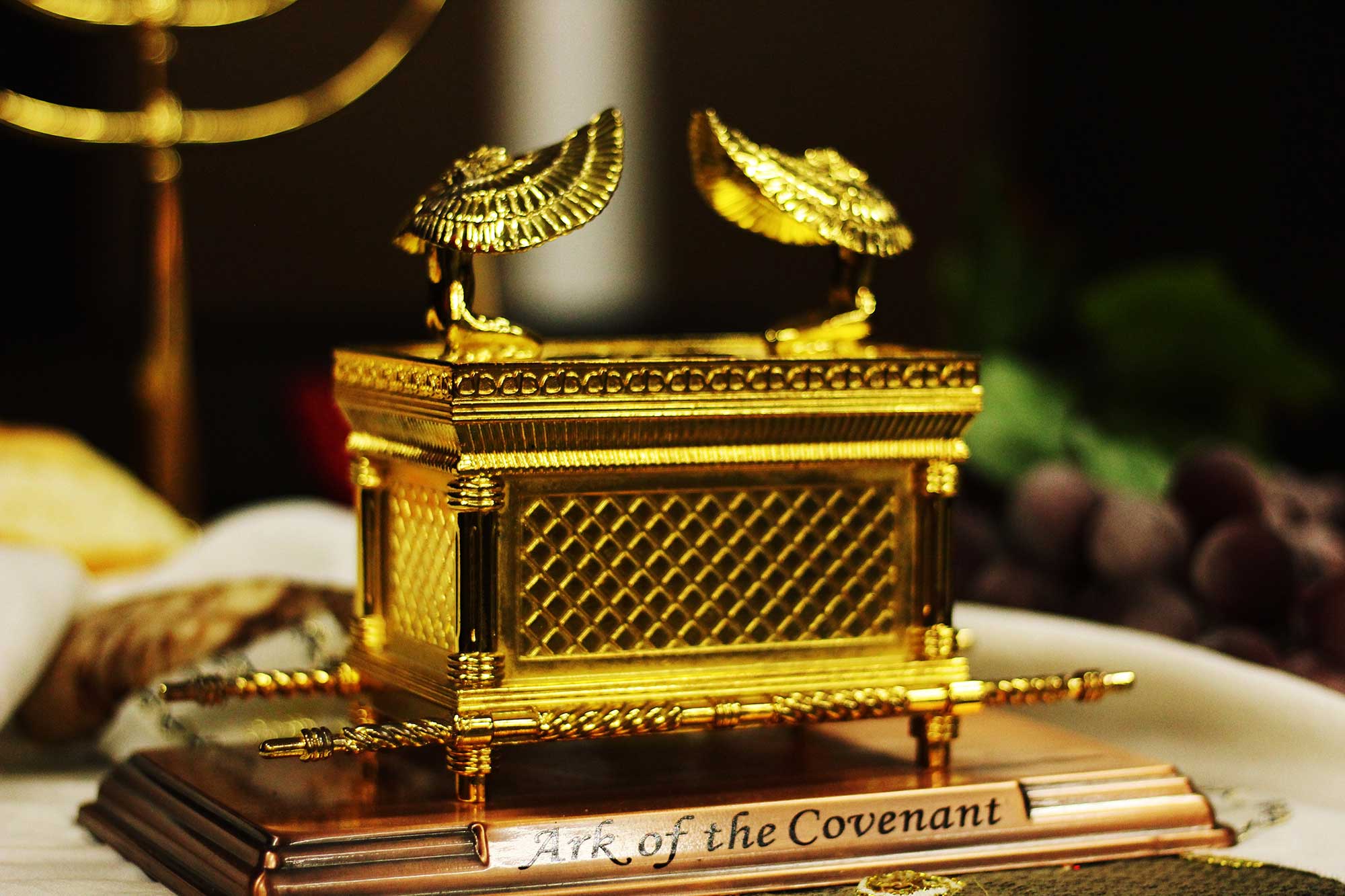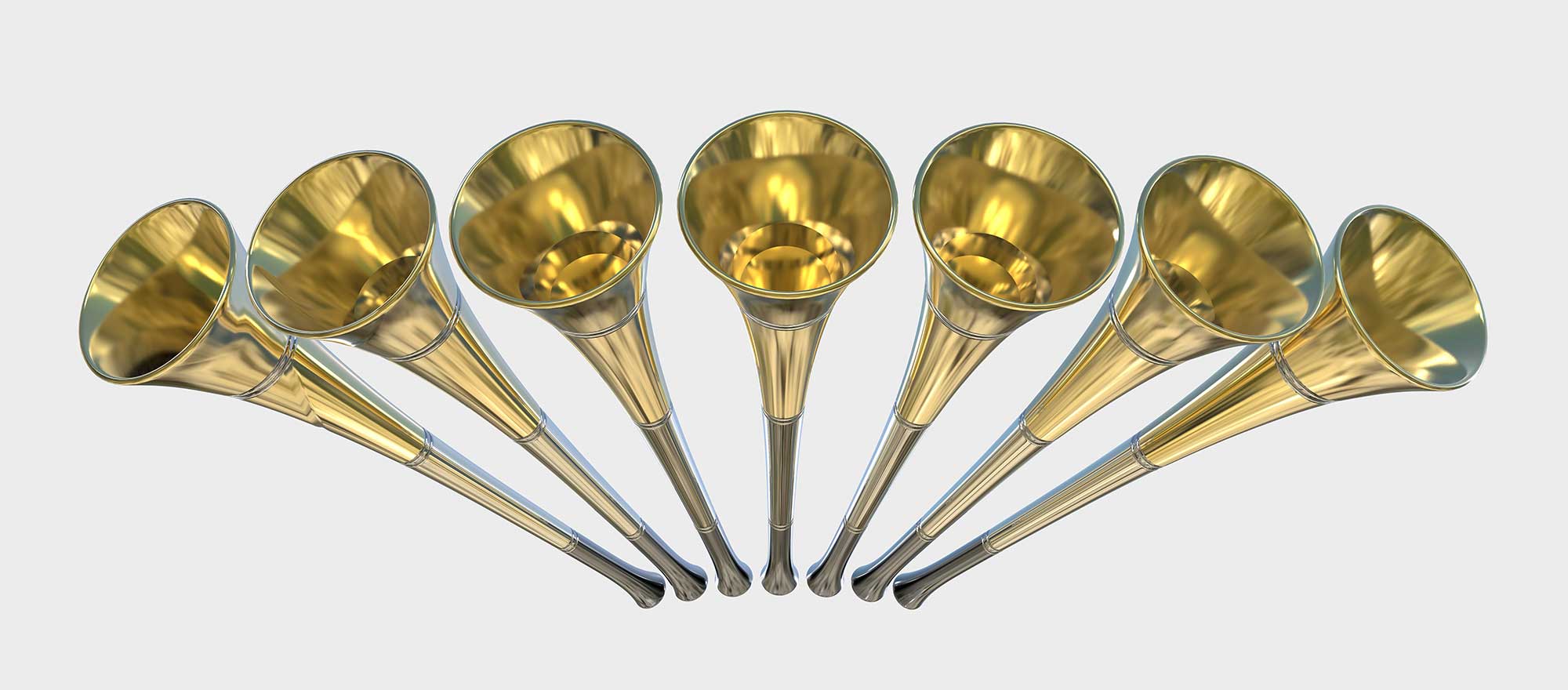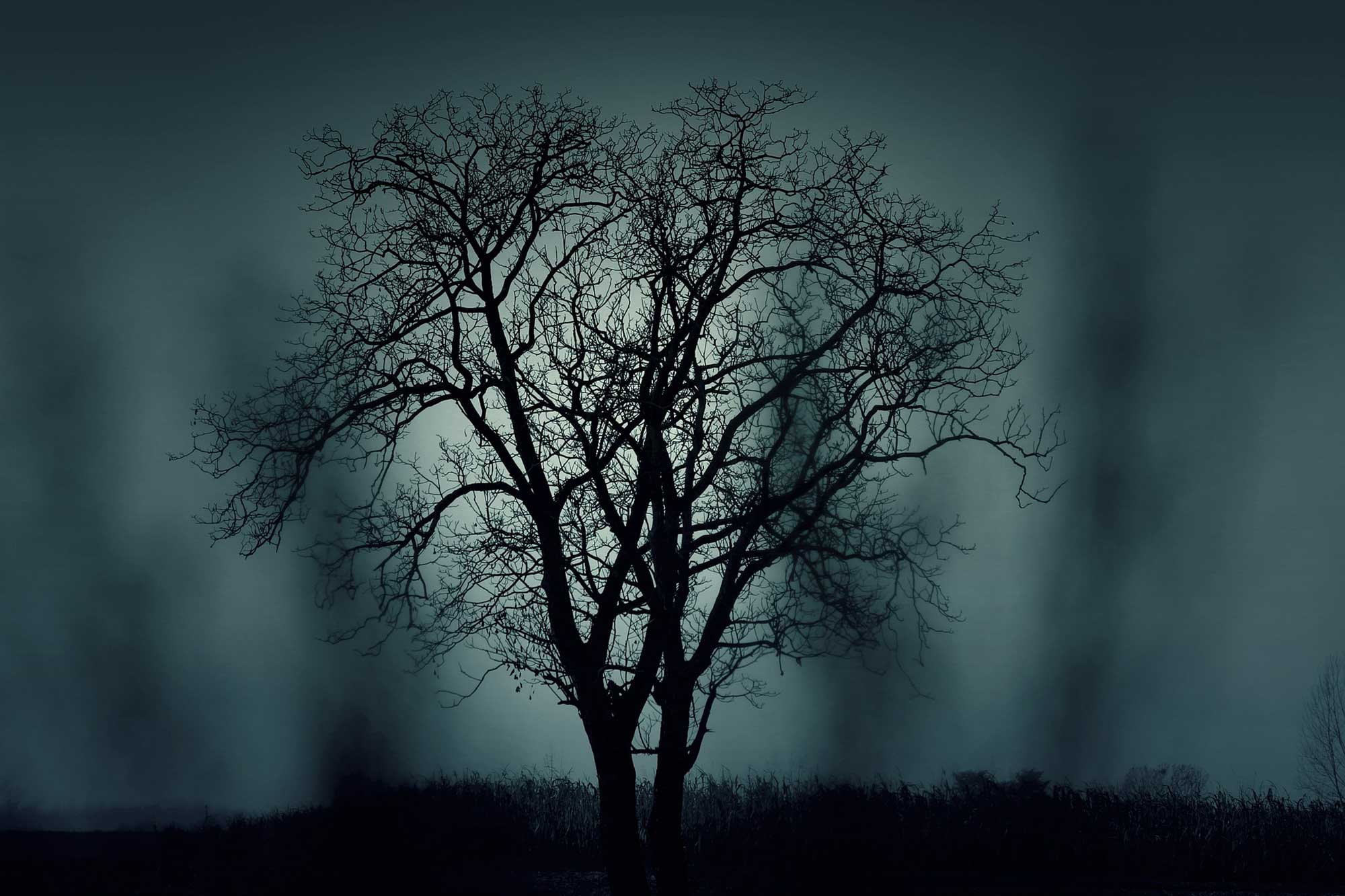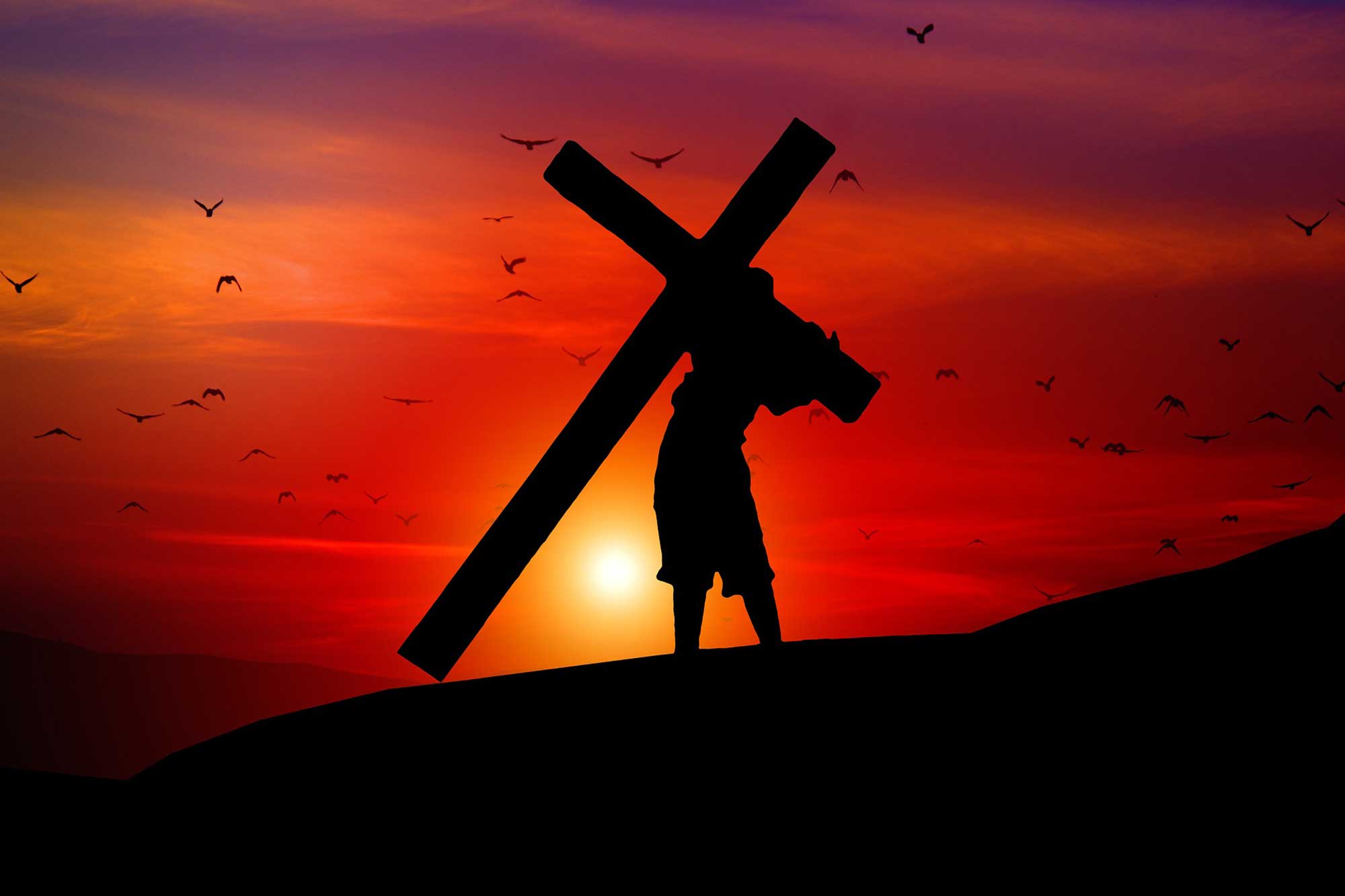
Revelation Hope – The Seven Last Plagues
The Time for God’s Wrath
has Come
Revelation 16 describes the pouring out of the seven bowls—or plagues—of God’s wrath on those who rejected the forgiveness offered in Jesus and persecuted those who did accept it.
But before this happens, Revelation 15 presents a scene to encourage those on God’s side.
Revelation 15:1-4 opens with a scene of God’s people standing on the sea of glass.
They have been victorious over the beast and its image.
They are celebrating this with the song of Moses and the Lamb.
This is a clear allusion to the Old Testament story of the Exodus from Egypt under Moses.
When Israel passed through the Red Sea, they sang a song of praise to God.
They had been victorious despite insurmountable odds.
Here is another Exodus, this time from the forces of Babylon—and God’s people are headed for the heavenly Canaan.
We will also see some of the language of the plagues on Egypt used in the pouring out of the end-time plagues.
Looking Back on the Message of Hope
Each new scene in Revelation begins with a message of hope.
In Revelation 1, Jesus is seen among the seven lamp-stands, which represent the seven churches.
This is followed by the sometimes severe messages to the churches.
Despite this, the first scene assures the churches that Jesus is still among them.
Revelation 4 pictures the throne of God and the Lamb.
This is followed by the covenantal curses portrayed by the four horsemen.
These covenantal curses come upon professed believers with the intent to bring them into a right relationship with God.
Now, before the pouring out of the seven plagues, we are assured that God’s people will survive this difficult time.
They will stand on the sea of glass and sing songs of praise and victory.
Songs of Praise
The songs in Revelation play an important part in helping to us interpret the meaning and significance of what is happening.
Those who do the singing are like a kind of cheer squad for God.
In Revelation 15:3, 4, we find they are praising God because He is holy and His righteous acts have been revealed.
The need for God’s creatures to believe that God is fair and just in all His dealings is an important concept that binds together many teachings of Scripture.
We tend to wonder if God is always fair in the way He deals with us and other people.
The promise is given here that one day all will be revealed and when we see the complete story we will see that God was there, guiding us in our lives, although we could not always see it.
In this life, we often have to live by faith in His promises.
In this life, we often have to live by faith in His promises.

The Big Picture
Revelation 11:18 has three points that depict in summary form what is to come in the rest of Revelation:
1. The nations were angry. Revelation 12-14 describes the anger of the nations expressed when the sea beast and the land beast gather allies for their war against the Creator and His people. God answers this with three angel’s messages making a call to worship the Creator and warning against the forces of Babylon.
2. Your wrath has come. This depicts the pouring out of the wrath of God upon those forces which oppose the people of God. This session deals with this under the title “Seven Last Plagues.”
3. The time has come for judging the dead and for rewarding your servants the prophet. We will learn more of this towards the end of the series.
The Tabernacle of the Testimony
Revelation 15:5-8 introduces a new scene. It is the temple in heaven.
In Revelation 11:19, we were told of the Ark of the Covenant in the temple.
Now, we are told, John sees “the temple, that is, the tabernacle of the testimony.”
In Exodus 34:28, 29, we find that the terms ‘words of the covenant’ and ‘testimony’ are different terms describing the ‘Ten Commandments’.
When John sees the tabernacle of the
testimony, he is noting that the tabernacle is the custodian of the Ten Commandments.
We saw in the preceding scenes that the final conflict will involve the issue of worship, where the first four commandments state the “who, how and when” of worship.
John is no legalist, but he does see the importance of obedience to God’s law.
The Ten Commandments are a testimony to the holiness of the character of God and His justice in dealing with His creation.
We are happiest when we respond to our Creator by worshipping Him in the ways He requires.
Divine Judgments are Fair and Just
In Revelation 15:6, the seven plagues come from the tabernacle of the testimony where God’s grace and mercy can be found.
It is also a source of divine judgments on those who reject the gospel and deliberately defy the law of God.
This verse also gives a reason for the bowls of wrath: “they have shed the blood of your saints and prophets.”
In verse 7, the angels are described like Christ in Revelation 1, suggesting they come with the authority from Christ who has commissioned them.
In verse 8, smoke from the glory of God fills the temple so no-one can enter.
This is the language found in the dedication of the tabernacle in the wilderness (see Exodus 40:34, 35) and the dedication of Solomon’s temple (see 1 Kings 8:10, 11).
This is another way of saying there is no mediatory ministry being performed during the time the plagues are being poured out.
This is to be a time when those who have rejected the gospel will face the full wrath of God unmixed with mercy.
“No-one could enter the temple” is another way of describing the close of human probation.
The seven plagues are the wrath of God that comes under the sounding of the seventh trumpet.
God is now closing the door of opportunity to change sides
God is now closing the door of opportunity to change sides.

Comparing the Trumpets and the Plagues
There are some close parallels with the trumpets and the plagues: both affect the earth, sea, rivers, sun, darkness and the river Euphrates. But there are also some important differences:
Intercession is still going on during the trumpets sounding and the gospel is still being preached (Revelation 8:2-5).
In the time of the plagues, there is no intercession and no mercy being offered (Revelation 15:8).
The trumpets are restricted to a part of the earth; the plagues involve the whole earth.
The trumpets cover the whole of church history; the plagues are just prior to Christ’s second coming


Just as Israel marched around Jericho six days and then, on the seventh day, blew trumpets and Jericho’s walls fell down (see Joshua 6),so both the seventh trumpet blasts and the plagues are a part of the fall of this world.
The great final plagues of earth’s history fall on those who have rejected God and hurt His followers. Like the original Exodus from Egypt, God delivers His people.
God sends seal and trumpet warnings ahead of the plagues as acts of compassion to show the unrepentant the consequences of their rejection and to encourage the faithful.
God sends seal and trumpet warnings ahead of the plagues as acts of compassion to show the unrepentant the consequences of their rejection and to encourage the faithful.

The First Five Plagues or Bowls
Seven golden bowls are used to pour out the plagues. Vessels were used in the sanctuary
for incense and offerings.
These are the temple bowls of offerings to God. Earlier, the bowls were full of incense representing the prayers of God’s people (see Revelation 8:3-5) but now they have become instruments of destruction.
The execution of the wrath of God is initiated by the prayers of God’s faithful people.
An important question asked by many about the plagues is:
“Are they literal plagues?”
This is a difficult question.
The Book of Revelation is full of symbolic language.
But if the plagues are not literal, one wonders how they could affect those receiving them in such a way as to bring about the results as described in Revelation 16:9, where people curse God because of the intense pain.
On the other hand, the sixth plague is clearly symbolic language describing the lead up to the battle of Armageddon.
How literal are the others? We may have to wait and see. It seems the plagues should have some literal affect.
It is possible to use symbolism to describe real events.
There are some close associations with the plagues on Egypt and those plagues were quite real.
The plagues on the Egyptians showed them that their gods were powerless before the Creator God.
It is possible that the design of the seven last plagues is to expose the false trinity as being powerless to work miracles in response to the judgments of the Creator.
Up until this point, the counterfeit trinity was working miracles, but now they are seen to be powerless.
This leads to anger from those who have been deceived.
Eventually, they turn on those who deceived them (Revelation 17:16).
Some have tried to see these plagues as natural disasters occurring throughout history.
This cannot be the case because they are poured out on end-time Babylon, after the close of human probation.
God is paying Babylon back for the way she has treated others (see Revelation 18:4-8).
“The plagues on the Egyptians showed them that their gods were powerless before the Creator God.

The First Plague—Painful Sores (Verses 1, 2)
A painful sore or boil comes on those who have the mark of the beast.
This is the same word used to describe the boils that struck the Egyptians (see Exodus 9:10, 11) and Job (see Job 2:7).
Deuteronomy 28:27 states that boils are one of the curses of the covenant.
The Second Plague—Sea Becomes Blood (Verse 3)
The second angel pours his plague into the sea, which immediately becomes like the blood of a dead man.
Every living thing in the sea dies.
With the sounding of the second trumpet, one-third of the sea turns to blood and one-third of the living creatures die (see Revelation 8:8, 9).
The trumpets announced preliminary judgments and were partial; but now God’s full wrath is being poured out.

“Yes, Lord God Almighty, true and just are your judgments”
The Third Plague—Rivers And Springs Becomes Blood (Verse 4)
When the third trumpet sounded, the waters became bitter and many people died because of the bitter waters.
Now all the waters become blood and there is no reference to death.
The reason for these judgments is given in Revelation 16:5-7.
They have shed the blood of God’s people, so they have been given blood to drink.
The altar responds by saying:
“Yes, Lord God Almighty, true and just are your judgments” (Revelation 16:7).
This altar is most likely the altar of burnt offering mentioned in the fifth seal.
God’s people were pictured as calling from under this altar for Him to judge those who dwell on the earth and avenge their blood.
The trumpets announced preliminary judgments and were partial;
but now God’s full wrath is being poured out.

The Fourth Plague—The Sun Scorches People with Fire (Verses 8, 9)
The fourth trumpet affected the sun in such a way as to cause darkness (see Revelation 8:12) but the fourth plague causes the opposite effect—the heat of the sun is increased.
This causes great pain.The reaction here is incredible.
It seems that many people now recognise they have been fighting against God, who has been causing these plagues. But instead of repenting, they curse the name of God and refuse to repent.
In doing this, they join the beast who also blasphemes the name of God. (see Revelation 13:6)
Some people think they can turn to God at any time. But these verses show how foolish it is to think this way.
They have taken a course of action and cannot turn around. What we are today, we will be tomorrow—only more so. How important it is that we turn whole- heartedly to Christ today.
We saw during the study of the death of the two witnesses that some of the earth-dwellers did repent (see Revelation 11:13) and turned to God.
In response to the preaching of the 19 first angel’s message (Revelation 14:7), some gave glory to the God of heaven. But most did not—and now they cannot.


“The gospel has been preached to the world, as emphasised in the first angel’s message.”
After the Door of Opportunity Closes
So why do we have these plagues at all when the door of opportunity has closed? The answer is important.
The gospel has been preached to the world, as emphasised in the first angel’s message.
This continued to happen as the trumpets are sounded as partial judgments to bring people to their senses. Some have responded to this opportunity (see Revelation 11:13) but most resisted and gave their support to the counterfeit trinity, receiving the mark of the beast.
Some were deceived and received it on their forehead; others went along with the crowd. They became part of the final confederation against God and His people.
They chose a course of action and persecuted God’s people. Some even put God’s people to death (see Revelation 16:6, 20:4).
Up to this point, some of these people have appeared to be religious, as were the Pharisees in Jesus’ day.
Signs and miracles have been used to deceive people into joining with Babylon.
But the followers of the Lamb and the dragon have been drawing apart.
What we are today, we will be tomorrow—only more so.
How important it is that we turn whole- heartedly to Christ today.

The Great Divide
One group has decided to follow the Lamb, no matter what the cost. They have responded to the preaching of the three angels.
They accept the offer of pardon through Jesus and respond with obedience to the covenant, which is the Ten Commandments (see Revelation 12:17, 14:12).
The troubles that come into the world only cause them to trust more in God to get them through.
On the other side are those who decided to resist the preaching of the three angels.
They have chosen to follow the counterfeit trinity.
The fire coming down from heaven proved to be a powerful deception.
They determine to force those in the other camp to join them. In doing this, they are forming an image tothe beast—just as the beast has operated throughout the ages.
The sounding of the trumpets should have been a warning to them they are fighting against God, but they set their course, from which they will not turn back.
Once everyone has decided for one side or the other, God closes the door.
The plagues falling after this time cause both sides to grow further apart.
This prepares both sides for the harvests. One is the grain harvest to be reaped by Jesus when He comes to take them home.
The other is the grape harvest, to be crushed when Jesus returns.
The Fifth Plague—Darkness (Verses 10, 11)
With the help of the land beast, the sea beast has had authority over the whole earth.
Together they have caused many earth dwellers to come to the side of the dragon.
Now the kingdom or seat of the beast is in complete darkness. This parallels the ninth plague on the Egyptians when the whole land of Egypt was affected by total darkness.
Now the followers of the unholy trinity realise more than ever how powerless they are in their rebellion against the Creator.
They realise that the powers of Babylon cannot help them in their afflictions.
The people are in agony, sin-crazed and deceived. They get angrier and prepare to turn their hatred toward those who are trusting in Jesus.
There will be martyrs before probation closes (see Revelation 16:6, 20:4) but probably not after, for they are sealed with God’s protection.
Despite the pain, Revelation 16:11 says they still refuse to repent of what they had done.
More and more demonic powers take control of the wicked as they see they are powerless against the Creator.
This is how it was when the plagues hit Egypt—Pharaoh kept hardening his heart.
It was obvious that he was defying the Creator God, but he would not relent.
Once everyone has decided for one side or the other, God closes the door.

Looking at the End-War of this World
As the plagues continue, something big is about to happen: Armageddon.
This is featured under the sixth plague (see Revelation 16:12-16).
Armageddon has captured the imagination ofthe world.
Movies have been made and books written with the title.
But the central idea of Armageddon revolves around the gospel. Revelation 16:15 talks about staying awake
“Blessed is he who stays awake and keeps his clothes with him, so that he may not go naked and be shamefully exposed” Revelation 16:15.
It’s a warning to Christians to make sure that when this battle is fought they do not lose their hold on believing in Christ.
We noticed in the first session that Revelation, 8 if rightly understood, helps us to better understand Jesus.
This book was not given to tickle our fancy about the future.
Its purpose is to reveal Jesus in such a way as to nourish and strengthen our faith in Him.
This is an important concept to keep in mind as we look at Armageddon in the next session.

Keep Believing in Jesus Christ